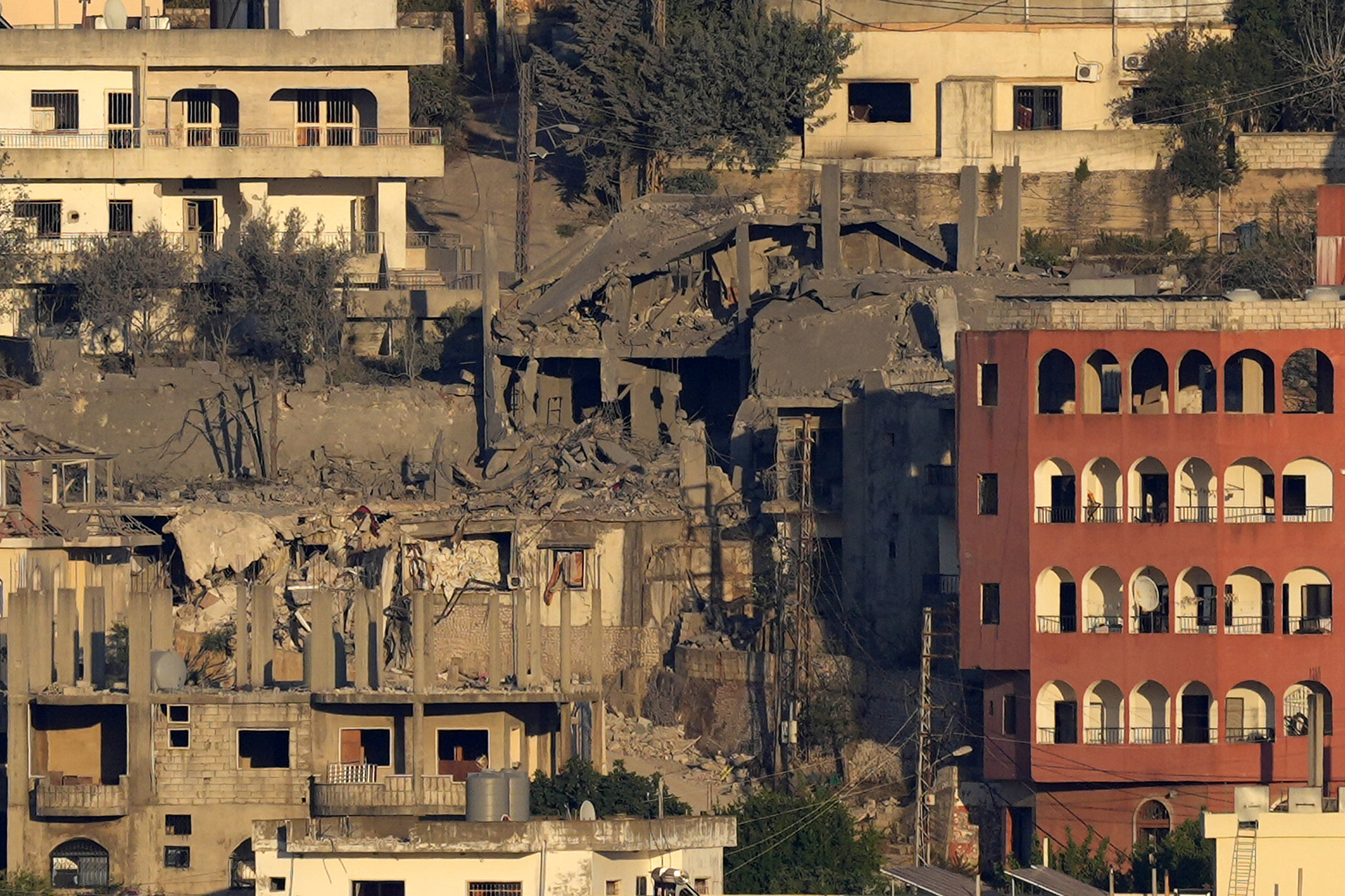In his second recent appearance and speech, Hezbollah Deputy Secretary General Naim Kassem re-affirmed that the solution to the current round of fighting is a ceasefire, after stating it in his previous speech, including the return of residents to northern Israeli settlements.
Kassem affirmed that the battle against Israeli forces has shifted from a “support front” to a “war.” He affirmed that Hezbollah has decided on a new called equation based on “inflicting pain on the enemy so it can feel the pain.”
He added that the stance of supporting a ceasefire does not come from a position of weakness, and asserted that if Israeli authorities do not want a ceasefire, Hezbollah will continue.
Finally, Kassem promised the displaced people of Lebanon that they will return to their houses which will be rebuilt and will be “more beautiful than they were”, stating that they had already begun laying the groundwork to help.
Israeli Prime Minister Benjamin Netanyahu openly refused a unilateral ceasefire in a conversation with French President Emmanuel Macron. A unilateral ceasefire would entail the cessation of military operations by one party only, while Lebanese Prime Minister Najib Mikati continues to push for a ceasefire and the implementation of UN resolution 1701.
Israeli Authorities Pushing for New Security Arrangements
The ongoing ground invasion and the expansion of Israeli military operations across Lebanon have come with more exigent security arrangements, with authorities considering the conditions they can impose.
These go well beyond implementing UN Resolution 1701, which Israel has breached on multiple occasions, and Hezbollah’s withdrawal north of the Litani river.
First, Israeli authorities are hoping to get the green light to carry out operations in the buffer zone in the South whenever it wants, even in the case of a ceasefire. This means that the area south of the Litani river, which is Lebanese, will become a security strip under Israeli control.
Second, Israeli authorities also want the freedom to collect intelligence data on Hezbollah’s movements in the South in the future.
Third, Israeli authorities want the United Nations Interim Force in Lebanon (UNIFIL) to expand its manpower from 10,000 to 15,000 personnel and to expand its jurisdiction to allow its forces to confront Hezbollah.
This comes after Israeli forces have repeatedly threatened and attacked UNIFIL positions, including breaching and entering a position last weekend and violating UN Resolution 1701.
Fourth, Israeli authorities want the imposition of official Lebanese restrictions on the smuggling of weapons from Syria to Lebanon, which would entail the Lebanese Army controlling the crossings.
The ongoing Israeli military offensives in Gaza, Lebanon, the West Bank, and other countries of the region continue expanding and triggering a further regionalization of the conflict.
Enjoying a fair amount of impunity, Israeli forces are expected to continue their genocidal campaign in the region and push for more unrealistic conditions for a ceasefire agreement that Israeli authorities have repeatedly obstructed.
Internationally, opposition to Israel’s military campaign continues to increase. The French, Italian, and Spanish governments released a joint statement condemning the attacks on UNIFIL forces. The Irish government also condemned Israel’s actions.


